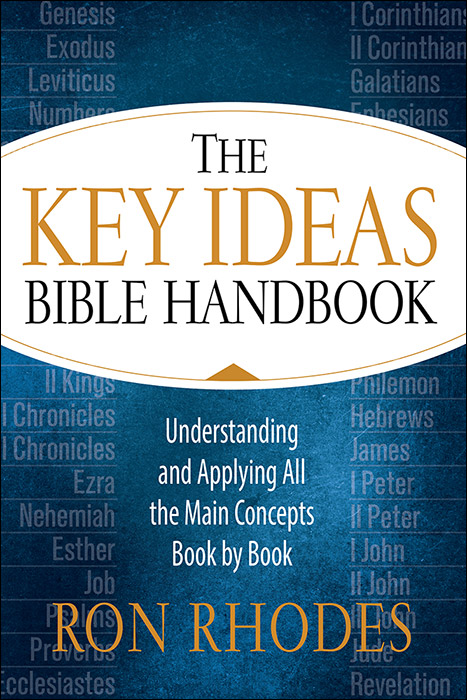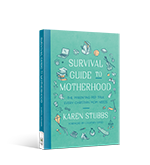
Sign Up for Updates
Connect
TOPICS
- Latest Blog
- Fiction
- Inspirational/Devotional
- Men's Christian Living
- Prophecy
- Women's Christian Living
- View All
ARCHIVES
3 Big Lessons from the Little Book of Haggai
Posted on Sep 29, 2016 Topic : Prophecy

Haggai was written by a prophet of the same name around 520 BC. Aside from the fact that he was a prophet, we know little of the man. His name literally means “festival,” perhaps because he was born on the day of a major festival. He ministered during the reign of King Darius I (522-486 BC), and was probably about 80 years old when he wrote this book.
In 520 BC Haggai addressed his words to the people in Judah and Jerusalem who had returned from exile. He urged them to get their act together, to set their priorities straight, and to rebuild the temple (Haggai 1:1-11). Only then, he said, would God bring true blessing back upon them.
The problem was that when the people first returned from exile in 538 BC as a result of King Cyrus’s decree, they made a good start in beginning to rebuild the temple, but now apathy had set in and the whole project had stagnated (Ezra 4:4-5). The people were too busy building their own homes to pay much attention to the temple.
What can we learn from the book of Haggai? Here are three essential takeaways:
1. We pay a price when we procrastinate on spiritual matters.
Haggai reprimanded the people for procrastinating in building the temple (Haggai 1:2-6). They had built their own houses, but were indifferent about God’s house. They were exhorted to begin rebuilding immediately (1:7-8). Haggai said the reason God had not blessed them was because they had forgotten Him (1:9-11). God rewards those who put Him first and seek to do His will.
2. Bible prophecy can put wind in your spiritual sails.
To instill a hope in the people, Haggai informed them that one day in the future, the heavens will be shaken (Haggai 2:20-21), evil people will be overthrown (2:22), and the Messiah will be exalted (2:23). Zerubbabel, a leader among the people, was portrayed as a symbol of the Messiah who is coming. This future hope motivated righteousness among Haggai’s contemporaries.
The same is true of God’s people today. Titus 2:12-13 exhorts believers to “renounce ungodliness and worldly passions, and to live self-controlled, upright, and godly lives in the present age, waiting for our blessed hope, the appearing of the glory of our great God and Savior Jesus Christ.” The prophetic future gives hope to those living in the present.
3. It is good to review your priorities from time to time.
Haggai reminded the people that while they busied themselves with their own houses, the house of God—the temple—was lying in ruins. The people cared more about themselves than they cared for God. This showed that their priorities were out of balance. Haggai put the people back on track, keeping God and His temple the top priority (Haggai 1:9-11). Haggai exhorts, “Consider your ways” (1:5,7).
Lesson learned! Let us consider our ways and make every effort to keep our priorities straight on a daily basis.

Read more in The Key Ideas Bible Handbook by Ron Rhodes

